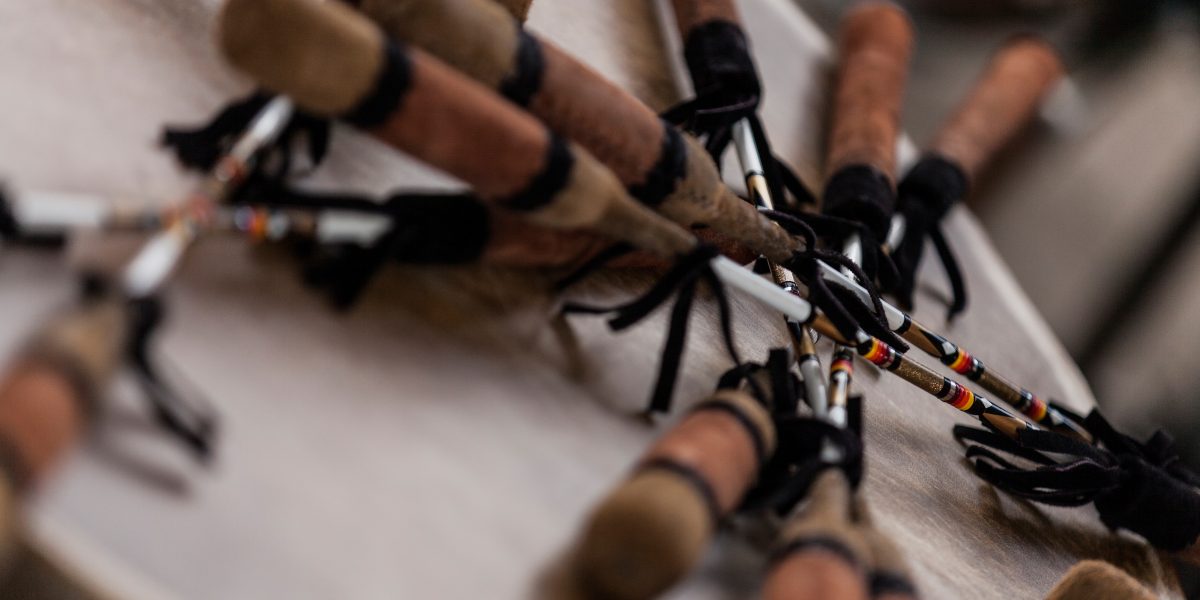This week on the Minnesota Native News Health Report, indigenous ways of dealing with a virus that keeps spreading. Public health officials are concerned about the growing number of cases since Labor Day and the start of school.
Kris Ehresmann/MDH: we knew it would take a while and now we see the effect, and increase in Covid cases, a function of what happened in the beginning of September.
By far the highest rate of positive cases is in the 20 to 24-year-old age group.
Kris Ehresmann/MDH: It’s the impact of lots of social gatherings, lots of community transmission.
Many of us are trying to figure out how to cope as cold weather approaches and we spend more time indoors. Indigenous scholars at the University of Minnesota are offering a way to learn from traditional ways of healing and resilience.
Reporter Laurie Stern has the story:
The pandemic has forced us to rethink our place in the world – from our own personal boundaries to how we protect our communities and our planet. Indigenous leaders at the University of Minnesota say we COULD take the opportunity to stop, learn and listen to elders who live close to the land.
Wesley Ballinger: These are like doctors but they don’t have any degrees. Their knowledge is sacred it’s vast, and it’s endangered.
That’s Wesley Ballinger, artist and linguist.
My name is Wesley, Niiyogiizhig in the Ojibwe language. I’m from the Mille Lacs Band of non-removable Ojibwe and I’m Eagle Clan.
Wesley Ballinger in in charge of community engagement for the department of American Indian Studies at the university.
He is helping with a fall webinar program called “An Alliance Between Humans and Creatures”: Indigenous Stories of Nature, Healing and Resilience.” The series is free, and interactive. Everyone is invited to participate. The idea is to learn from indigenous practices how to think about this very troubling time.
Wesley Ballinger: In Anishinabe philosophy, we are stewards, we are connected, we are all in this Creator’s stew. We are the weakest animal, we are animals, right? We don’t have hides. We don’t have the sharpest teeth. We don’t have claws, our eyesight is poor. Our sense of smell, our sense of hearing is all very much diminished when compared to our relatives. And when I speak of our relatives, I’m talking about makwa the bear. waawaashkeshi, the white tailed deer, migizi the eagle. And so we need their protection, we need their protection, to survive. And we’re not talking about not only like the four legged but more importantly, the growers, the trees, the plants, the animals, the earth, our Mother Earth. we need all these, we need their blessing in their pity in order to survive. And that’s kind of like an underpinning, starting point of like, how we wrap our, our epistemology, our our sense of who we are in the universe.
Wesley Ballinger’s partner in the webinar series comes from farming people in the Andes Mountains
My name is Elizabeth Sumida Huaman; I’m Wanka and Qechua from Central Peru….
Professor Sumida Huaman teaches in the Department of Education at the unverisity. She says learning can and should happen outside classrooms in places where people are connected to the land.
Elizabeth Sumida Huaman: A lot of indigenous communities, whether they’re located in a particular place for generations, or for millennia, or whether they migrated to that place, have stories and instructions regarding what it means to be in a place.
The webinars will pair University of Minnesota professors with Native artists, conservationists, and scholars from all over.
Elizabeth Sumida Huaman: Scientists and indigenous people and everyone looking out their window was noticing the earth was also healing.And so this is our moment, and the webinar is part of that – this is our moment to step back and to reflect and to think about what is our part in that healing.
The conversations are at noon Thursdays every few weeks through December. They will be recorded if you can’t catch them online. For more information, visit the website of the Interdisciplinary Center for Global Change at the University of Minnesota. That’s ICGC dot UMN dot EDU. For the MNNHR I’m Laurie Stern.


 No Barrier Testing Available in Select Minnesota Communities This Week
No Barrier Testing Available in Select Minnesota Communities This Week